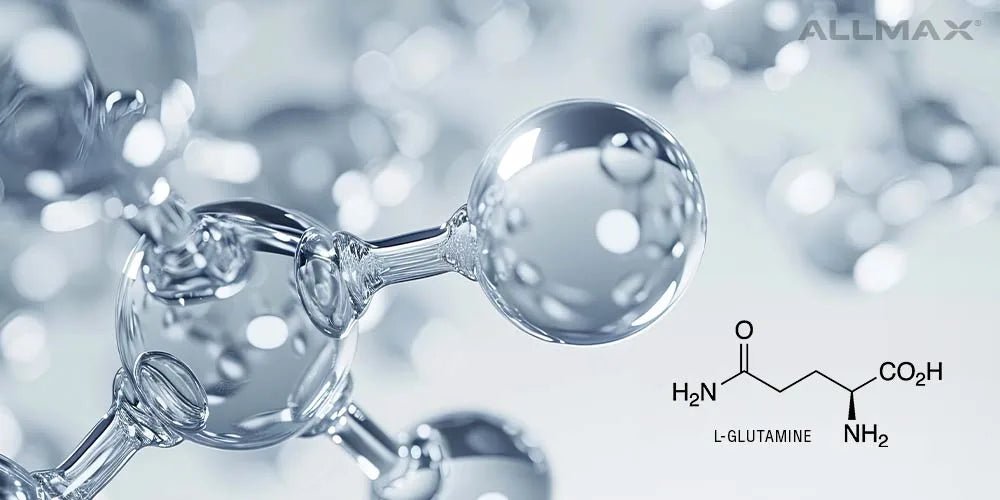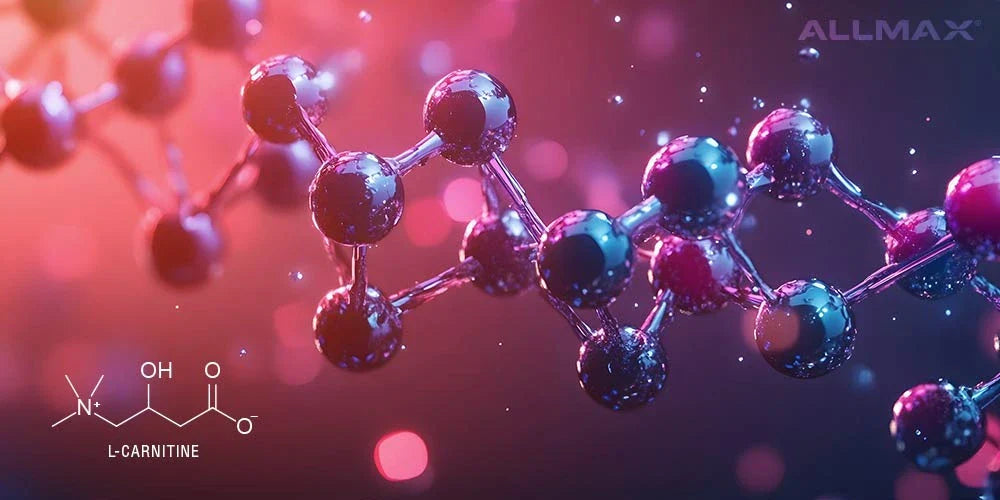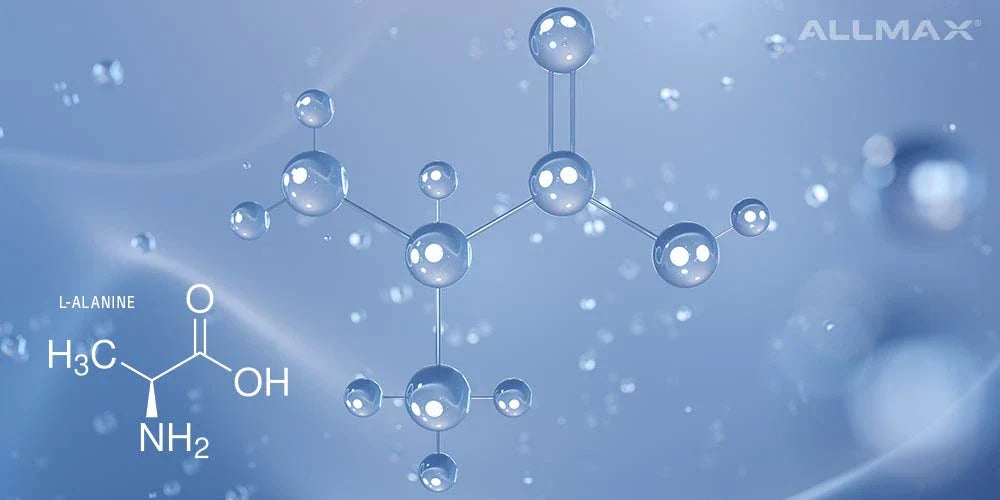Lactococcus lactis is a powerful probiotic bacterium widely used in the dairy industry—and increasingly, in gut health supplements. But beyond its role in fermenting milk, this microorganism may offer a surprising range of health benefits for your digestive system and immune function.
What is Lactococcus Lactis?
Lactococcus lactis is a species of lactic acid bacteria most commonly known for its role in fermenting dairy products like cheese, yogurt, and buttermilk. It is considered a non-pathogenic, beneficial microbe that helps break down lactose and produce lactic acid—creating a favorable environment for other healthy gut bacteria to thrive.
There are several strains of Lactococcus lactis, with the most researched including:
- Lactococcus lactis subsp. lactis
- Lactococcus lactis subsp. cremoris
These strains are frequently used in both food production and probiotic supplements aimed at improving gut flora.
What does Lactococcus Lactis do?
In the body, Lactococcus lactis plays several roles that go far beyond dairy fermentation. It can:
- Promote the growth of beneficial bacteria in the gut
- Reduce harmful pathogens by creating a more acidic environment
- Support immune response through anti-inflammatory activity
- Help break down food particles and support nutrient absorption
This makes it a promising ingredient in formulations designed for gut health support, like FiberBiotix , which combines probiotics with prebiotic fibers to enhance microbiome diversity.
Products with Lactococcus Lactis
Benefits of Lactococcus Lactis
Lactococcus lactis may offer various science-backed health benefits:
- Supports Gut Health. Lactococcus lactis helps maintain a balanced gut microbiome, which is essential for digestion, metabolism, and even mood regulation.
- Boosts Immune Function. Studies suggest that L. lactis can modulate immune responses by reducing inflammation, enhancing production of antimicrobial peptides and stimulating white blood cells
- May Relieve Inflammatory Bowel Symptoms. Some research shows L. lactis may help alleviate symptoms in conditions like irritable bowel syndrome (IBS) and inflammatory bowel disease (IBD). This is likely due to its anti-inflammatory and barrier-protective properties.
- Produces Beneficial Metabolites. Lactococcus lactis produces lactic acid and short-chain fatty acids (SCFAs), which nourish gut lining cells and maintain a healthy colon environment.
Side Effects of Lactococcus Lactis
Lactococcus lactis is generally safe for most people, especially when consumed in fermented foods or supplements. However, mild side effects may occur in some individuals, especially when beginning probiotic supplementation:
- Temporary bloating or gas
- Mild digestive upset
- Allergic reactions (rare)
People with weakened immune systems or serious underlying conditions should consult a healthcare provider before using probiotic supplements.
References:
-
Han, K. J., Lee, N. K., Park, H., & Paik, H. D. (2015). Anticancer and anti-inflammatory activity of probiotic Lactococcus lactis NK34. Journal of microbiology and biotechnology, 25(10), 1697-1701.
https://www.jmb.or.kr/submission/Journal/025/JMB025-10-16_FDOC_1.pdf




